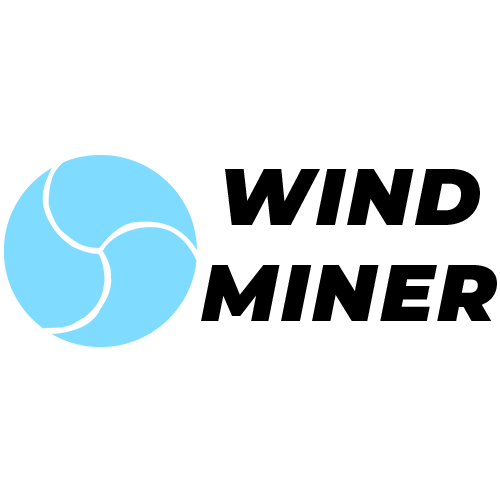Payment
I. Purchasing Eligibility:
We accept purchases from most countries or regions, except for the following due to logistics restrictions or local policies: Russia, Belarus, Mainland China, Afghanistan, Burundi, Iraq, Libya, Mali, Niger, Somalia, Syria, South Sudan, Yemen, Sudan, Central African Republic, Eritrea, Iran, and North Korea.
II. Payment Options:
We support offline EUR and USD transfers or online digital currency payments. Starting from October 2023, we accept credit and debit card payments for certain countries. For European customers, custom duty fees are already included in the price, while VAT will be charged selectively upon reception of the package based on the destination country. Customers with a VAT ID or those outside the European Union will not incur additional VAT charges from us.
III. Pre-sale Product Shipping:
For products available for pre-sale on April 15, confirmed orders during the pre-sale period must be shipped within 8 weeks after the official sale opening. Confirmed orders after the official sale opening will be shipped 8 weeks after the order is placed.
IV. Shipping Carriers:
We utilize third-party carriers such as DHL, UPS, etc., to handle packages.
V. Shipping Methods and Timeframe:
We typically opt for customs land transport for delivery service, with varying delivery times depending on the destination. For customers with expedited timeframe requirements, air freight can be chosen for faster delivery. After placing your order, you can contact your chosen shipping company for assistance with any issues encountered during transit.
VI. Warranty Terms:
The warranty period is 6 months for the Miner and 12 months for the PSU. European customers are entitled to a 24-month warranty for end customers. VAT charges will be applied individually based on the customer's country upon package reception.
VII. Pre-sale Order Policy:
All pre-sale orders are non-refundable. Please ensure that you carefully consider your order before making a purchase.
About KASPA
Its design is true to the principles that Satoshi incorporated into Bitcoin – proof-of-work mining, an isolated state created by UTXO, a deflationary monetary policy, no pre-mining and no central control. Kaspa is unique in its ability to support a high frequency of blocks without affecting the level of security offered by the most secure proof-of-work environments. The current Kaspa mainnet operates at one block per second. Following the ongoing Rust rewrite, the core developers aim to significantly increase the number of blocks per second, making it attractive for smart contract and DeFi (decentralized finance) development.
SOLUTION OF THE TRILEMMA
Traditional cryptocurrencies suffer from a trade-off between security, scalability, and decentralization: decentralized cryptocurrencies must limit the rate at which blocks are created to reduce the number of "orphans," which are blocks created off-chain during the time a block is propagating through the network. A high number of orphans reduces the effectiveness of the PoW (Proof of Work) network and thus weakens its defense against attacks by malicious participants. To resolve this trade-off, the Kaspa consensus layer uses the GhostDAG protocol, a Proof of Work consensus protocol that generalizes the Nakamoto chain to a directed acyclic block graph (blockDAG). GhostDAG incorporates "orphaned" blocks into the chain by creating a blockDAG, and then uses a new hungry algorithm to organize blocks by favoring well-connected, honest blocks, quickly and with high probability. GhostDAG allows Kaspa to bypass traditional blockchain compromises, increasing the speed of block creation by several orders of magnitude and maintaining theoretical Bitcoin-level security.
The result is a cryptocurrency that is backed by 51% security, has a large number of miners/nodes, and achieves throughput of the order of one block per second. This differs from existing cryptocurrencies, which inevitably sacrifice a small number of validating nodes or a lower security BFT (33% threshold required for attacks by malicious participants on the network).
Quick confirmations
The slow block creation rate of traditional cryptocurrencies means slow confirmations, i.e. the time it takes for a transaction to be published on the blockchain. The Kaspa consensus layer supports fast confirmations in the order of seconds - fast first confirmation, which allows use in cases where immediate proof of publication (but not immediate irreversibility) is needed, such as e-commerce.
High throughput
The slow block creation speed of traditional cryptocurrencies also means low transaction throughput. By using GhostDAG, Kaspa's consensus layer removes security as a bottleneck for high throughput, allowing speed and block sizes to grow to a level that the network can handle. Kaspa also optimizes data transmission costs and network infrastructure for high throughput.
Decentralization of mining
The slow block creation rate of traditional cryptocurrencies also means high variability in mining income (ie irregular mining rewards due to the difficulty of finding a block), which incentivizes miners to join larger and larger mining pools – which combine computing power and distribute smaller, more regular rewards participants – as the network grows and block difficulty increases. This centralizes the power of the consensus in the hands of a few mining pool managers. The fast speed of creating blocks in the Kaspa consensus layer reduces the volatility of mining income, which reduces the incentive to join mining pools and contributes to the decentralization of mining.
